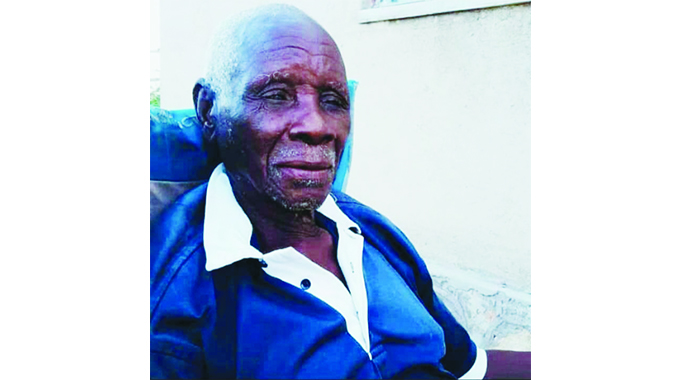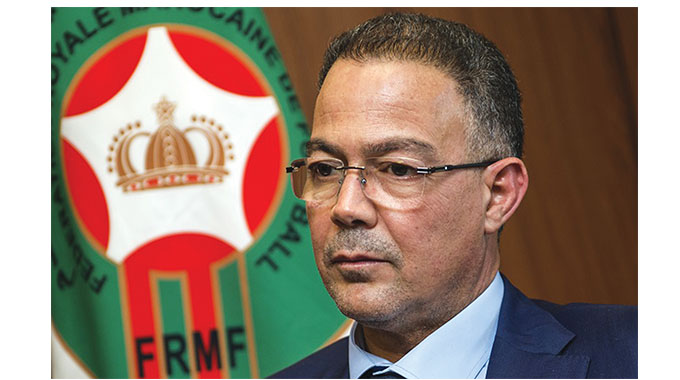Jailbreak freedom fighter Cde Keyi Nkala dies

Mashudu Netsianda, Senior Reporter
CDE Keyi Nkala one of the four heroic freedom fighters who made a mockery of the settler regime after escaping from the tightly guarded Grey Street Prison — now Bulawayo Prison — in 1965 has died.
He was among six pioneer freedom fighters credited with firing the first shots in the armed liberation struggle at Zidube Ranch in Kezi, Matobo District in Matabeleland South in September 1964.
He was 87.
Cde Nkala succumbed to Covid-19 on Tuesday night at his rural home in Matshetsheni under Chief Masuku area in Gwanda District.
He dramatically escaped from prison in January 1965 in the company of three other combatants, Cdes Moffat Hadebe, Elliot Ngwabi and Clark Ngiyo Mpofu, who is now late.
The quartet had been detained at Gwanda Prison before being transferred to Grey Street Prison.
They were detained for fighting injustice and oppression against blacks by the Rhodesian government.
Cde Mpofu’s offence was in connection with an explosive attack on Wilkie’s Circus, Tredgold Building and the Post Office. The attacks were carried out between August and September in 1964.
Cdes Nkala, Hadebe and Ngwabi were detained for attacking Zidube Ranch in Kezi, Matobo District in Matabeleland South in 1964.
The property belonged to Bulawayo senior magistrate, Mr Francis Fairwell Roberts who was part of the judiciary that oppressed black people by issuing out detention orders to the nationalists without any justification.
The Zidube Ranch attack, which they executed together with Cdes Israel Maduma, Roger Matshimini Ncube and Rhodes Malaba, was their first target in the country upon their deployment to Rhodesia.
Cde Hadebe, who commanded the unit, said the late Cde Nkala was the first person to use a machine gun in the country during the liberation struggle when they attacked Zidube Ranch.
“Cde Nkala was the only one in our unit who was armed with a Thomson sub-machine gun while others had Pepesha and pistols. We went for the attack on Friday night, 25 September 1964 and by 9pm we were there,” he said.
Cde Hadebe said when they got to the farm, Cde Maduma cut off the telephone wires to disable the communication system.
“We then took positions and I had deployed Cde Keyi Nkala who was armed with the Thomson sub-machine gun on the left flank. While Cde Nkala was approaching the farm house from the left, the dogs went for him and he opened fire and gunned down three of them,” he said.
The Thompson submachine gun, which Cde Nkala used, is a blowback-operated, air-cooled, magazine-fed selective-fire submachine gun invented by the United States Army Brigadier general John T Thompson in 1918.
Cde Hadebe, however, said during the attack, they failed to accomplish their mission.
“Mr Roberts was the one who was sending our people to the detention centres such as Gonakudzingwa, Whawha and so on. He was a legitimate target for any military operation, which is why we wanted to eliminate him,” he said.
“We were disappointed that we could not accomplish our mission. Instead of getting into the house to kill Mr Roberts, we had to fight the dogs first. It also became difficult to sustain the attack in fear of hitting each other, so the best plan was to withdraw.”
Cde Hadebe said while all that was happening, the magistrate came out and started firing with his 303 rifle and that is how the mission to kill him failed.
Cdes Nkala and Hadebe first met in Gwanda at the Zapu offices in the 1962 and they started working together.
“I was the Zapu’s area secretary at the time and we would travel together with Cde Nkala to various places around Matabeleland South province on party business. Even after the banned Zapu’s Cold Comfort Farm ( Harare) meeting in August 1963, both of us remained in the party,” he said.
Cde Hadebe said they maintained their activism despite the banning of the party and later became part of the People’s Caretaker Council (PCC).
The PPC which was a vehicle for Zapu evading a ban, was also banned in 1964.
Cde Hadebe said they continued working together until the period when the Rhodesia government started detaining political activists.
“In 1964, I crossed the border and went to Lusaka in Zambia for military training via Botswana and Cde Nkala and others that included Cde Elliot Ngwabi followed. Cde Nkala and myself trained together in Zambia and after training we both returned to Rhodesia together and carried out our first operation with Zidube Ranch being our first target,” he said.
Cde Nkala together with Cdes Hadebe, Mpofu and Ngwabi fled to Botswana after their daring jailbreak. However, Cde Nkala together with Cdes Mpofu and Ngwabi were captured and deported to Rhodesia.
Cde Hadebe said when he got arrested in Mozambique in 1972, he reunited with Cde Nkala and other comrades who were detained at Khami Prison.
“I vividly remember this other day when we were sitting and reminiscing about our dramatic escape from Grey Prison, jail guards came and started teasing us saying ‘you are plotting another jailbreak,” he said.
“I am at a loss for words following the death of my long-time compatriot and close friend. Out of a unit of six that attacked Zidube Ranch, it’s now myself and Cde Ngwabi who are still alive. I would like to say ‘fare thee well compatriot and may your soul rest in peace.”
Zanu-PF Politburo member Cde Tshinga Dube described the late Cde Nkala as a disciplined and true cadre who tenaciously fought to liberate the country from colonialism.
“He was a true cadre who played a crucial role in the liberation of our country. He was a disciplined and selfless person who made huge sacrifices and his death is a great loss to the nation,” he said.
Family spokesperson Mr Forget Nkomo said they have lost a pillar and unifier.
“As a family we have lost a pillar of strength. He worked hard not only for the family, but for the nation through his contribution to the liberation struggle. We have been dealt a heavy blow following his death,” he said.
Cde Nkala was born on December 10, 1933 in Matshetsheni in Matabeleland South and attended Stanmore Primary School before he left the country in 1964 to join the liberation struggle in Lusaka, Zambia.
He was detained at various centres such as Gonakudzingwa, Grey Street Prison, Whawha and Khami Prison.
He is survived by wife, Vaina Dube and 10 children, two sons and eight daughters.
Mourners are gathered at his homestead and burial arrangements are underway. — @mashnets











Comments